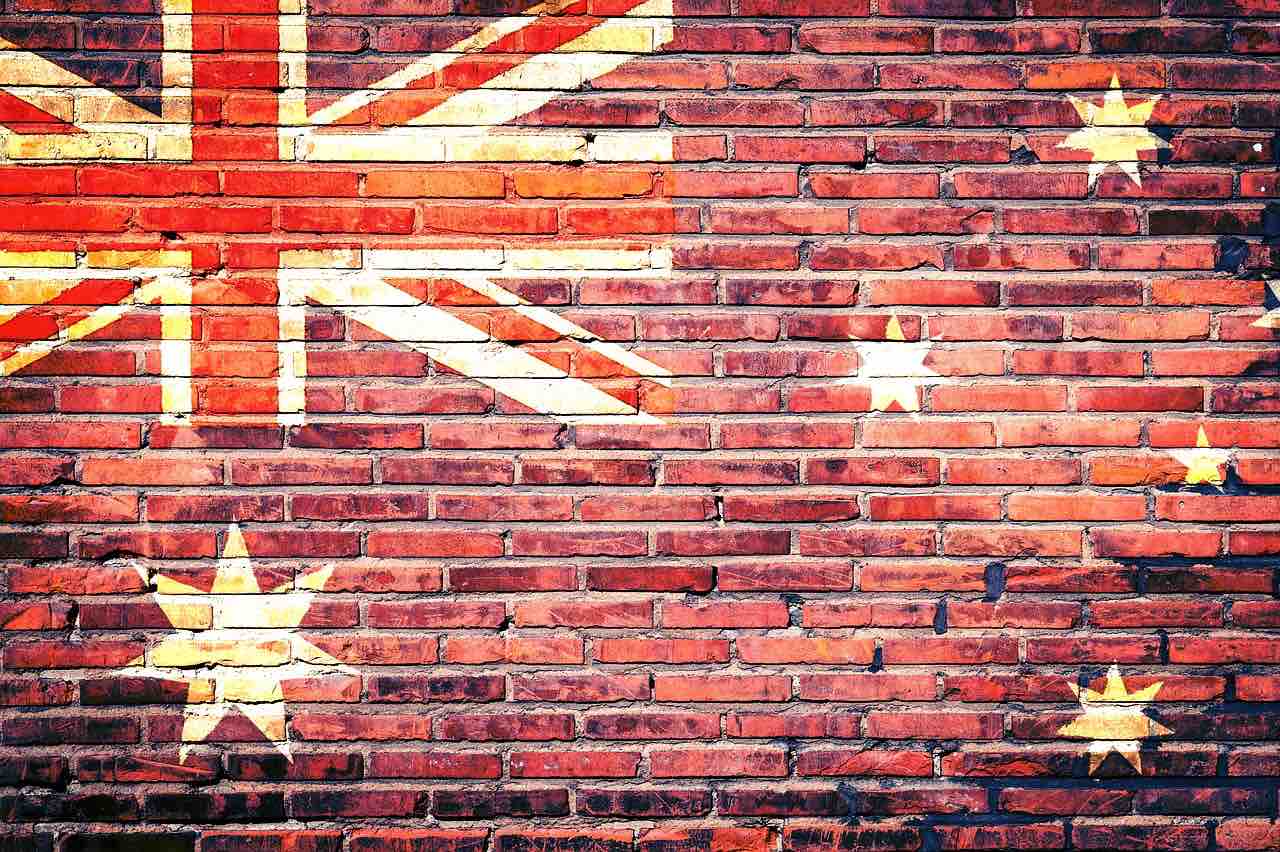Expats can find Australia expensive or cheap to live in, considering where they migrate from. Australia scores 104.9 on the cost of living index. It is placed 16 on GQ’s 2020 list of expensive countries to live in. Here is an overview of some of the important expenses that expats relocating to Australia should be ready for. For accommodation options, you can consider Urban Rest Apartments to manage some of the costs.
Housing
In Sydney, you can rent a 1-bedroom apartment for AUD 2,650 per month. The same in New York would cost the equivalent of AUD 3,970, and AUD 3,044 in London. In Melbourne, a 1-bedroom can be had for AUD 1,800 per month. The same in Canberra in the Australian Capital Territory (ACT) would cost AUD 1,733. Brisbane (AUD 1,726), Adelaide (AUD 1,706), and Gold Coast (AUD 1,569) are more affordable.
You can buy a 1-bedroom apartment in Sydney for AUD 700,000 or in Melbourne for AUD 536,000, in Canberra for AUD 415,000 or in Brisbane for AUD 382,500. Compare that with buying an apartment in New York for a price of AUD 915,000.
Transport
The cost of a single bus ride in Australia is AUD 3. A day-pass costs AUD 8. Use concession cards on Australia’s public transport to save a lot on daily commuting expenses. A monthly pass costs about AUD 170. Public transport costs in Australia vary with the city. The daily and monthly transport ticket prices depend largely on the distance to be travelled. In cities like Melbourne, public transport on trains and buses is reliable and convenient. Transport can be expensive in cities like Brisbane, although this is largely a function of distance.
Utilities
Expect to pay more on electricity during the summer months. This is owed to the need for continuous air conditioning. The prices of utilities vary with city. In Darwin the average monthly cost of utilities is AUD 305. In Adelaide utilities cost AUD 252 per month on average. Sydney is surprisingly cheaper, with average monthly utility bills at AUD 182. The cost of electricity varies in Australia with city. It generally costs from AUD 0.32 per kWh. Compare that with AUD 0.19 per kWh in the US and AUD 0.34 per kWh in the UK. Mobile phone charges also vary across the country. Broadband internet costs from AUD 70-80 per month.
Healthcare
Australia has a universal tax-funded healthcare system. To receive Australian medical insurance (Medicare) expats must pay the levy. The insurance typically covers hospital treatments, general treatments, and ambulance costs. This can be supplemented with one of 3 standard private healthcare plans. These cost AUD 200-300 monthly. To help with the cost of private medical cover the Australian Government provides a rebate at the end of each tax year. The rebate depends on income. The higher your income, the lower your rebate entitlement.
Taxes
Australia is home to vast numbers of expat professionals. They regularly send international money transfers as remittances to support their families back home. Taxes are an important subject for expats in Australia. An expat’s taxable income is subject to deductible expenses. Several exemptions are available depending on residential status, income level, and so on. Expats who qualify as foreign residents (non-residents) for tax purposes are taxed on the income they earn in Australia. This includes salaries, rent, capital gains, pensions, annuities, and so on. The income tax slabs for most expats are as follows:
- Up to AUD 90,000 annually: 32.5% tax
- AUD90,001-180,000: 37% tax
- AUD 180,001 and above: 45% tax
Food
Prices of household items in Australia fluctuate with the seasons. On average Australians spend about AUD 90 per week eating out. A gallon of milk costs AUD 5, a loaf of bread AUD 3, a dozen eggs AUD 4.5, bottled water AUD 2.6 per liter, and a pound of potatoes cost AUD 6. Food prices vary with city. Monthly food costs can vary from AUD 300-400 depending on season and personal preferences.
About the author:
Hemant G is a contributing writer at Sparkwebs LLC, a Digital and Content Marketing Agency. When he’s not writing, he loves to travel, scuba dive, and watch documentaries.







